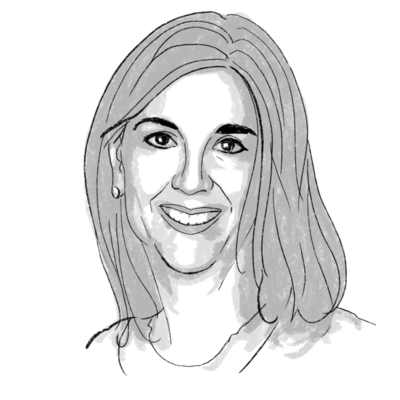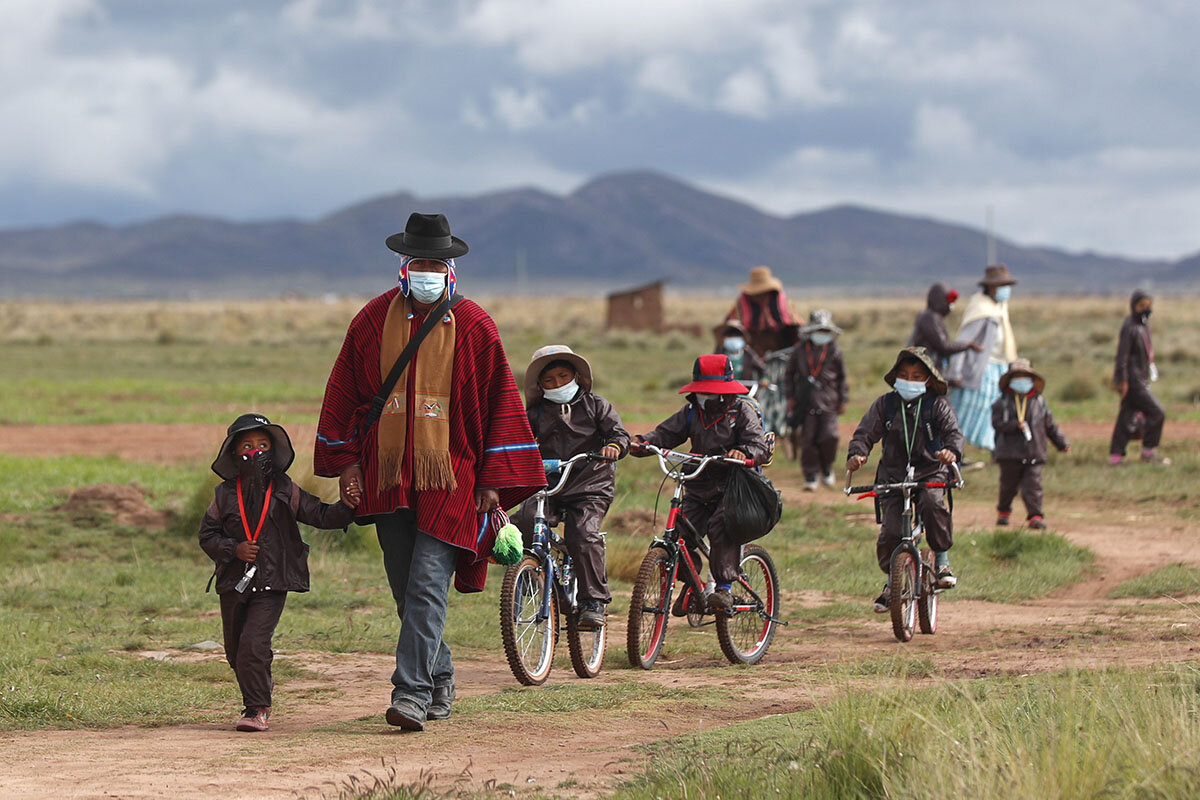American discourse has gone from “you’re entitled to your own opinion, but you're not entitled to your own facts” to an embrace of falsehoods that one observer dubs a “national reality disorder.” Scientists say the journey back is difficult but possible.
Monitor Daily Podcast
- Follow us:
- Apple Podcasts
- Spotify
- RSS Feed
- Download
 April Austin
April Austin
Gentleness, empathy, kindness. How unexpectedly delightful to find them in a television show. I’ve started watching “The Repair Shop,” a British reality show streaming in the U.S. on Netflix, and it is a balm in troubled times.
In each episode, talented master craftspeople mend broken heirlooms and return them to thrilled and grateful owners. The objects may or may not be worth a great deal of money, but to their owners the memories they evoke are priceless. Families often become weepy describing how a beloved grandfather enjoyed the chiming of a clock, or how they’d like to hand down a wicker crib to their adult daughter who’s expecting a baby.
The master artisans receive these family stories like gifts, and humbly place their skills in the service of reviving those lost memories. It’s a profound act for one person to render to another human being: I honor your memories and the trust you place in me.
Aside from the sheer enjoyment of watching craftspeople who are incredibly skilled at what they do, the emotional payoff for me is seeing the owners reunited with their heirlooms. It’s as if a piece of their lives has been restored to them.
Now, some might argue that material things don’t deserve to be invested with this much power. Still, for the families, the items symbolize continuity, affection, and family ties. And for the artisans, pride of workmanship becomes subservient to making something – and someone – whole.










